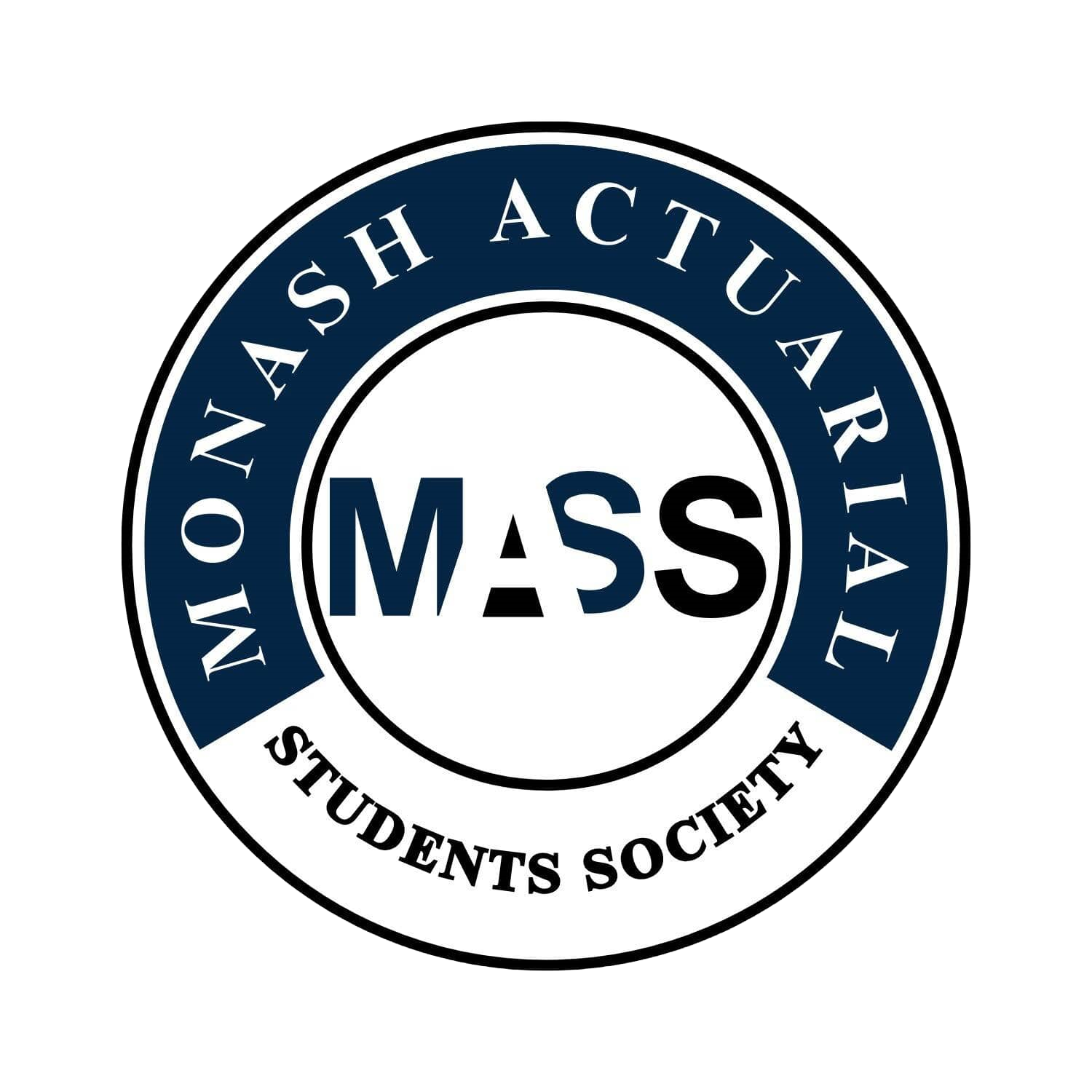ECC1000 Introduction to Microeconomics / ECF5923 Principles of Microeconomics
Difficulty:
Year Completed: Semester 2, 2020
Prerequisite: N/A
Exemption:
CB2 Business Economics
ECC1000 (55%), ECC1100 (45%)
Weighted average of 70% required. Minimum of 60% required for each unit.
Mean Setu Score: 89.14%
Clarity of Learning Outcomes: 94.5%
Clarity of Assessments: 95.5%
Feedback: 76.26%
Resources: 93.03%
Engagement: 85.57%
Satisfaction: 90%
Subject Content:
Lecture(s) and Tutorial(s):
Textbook:
Assessments:
This unit is quite fun and easy to understand. The topics covered
in this unit are the foundations of economics, supply and demand,
elasticity, price controls, tax incidence, business costs, competitive
markets, monopolies and oligopolies, consumer choice and
behavioural economics.
1 x 2-hour lectures
1 x 1 hour tutorial
Principles of Microeconomics, Covid-19 Update, THIRD EDITION; Dirk Mateer, Lee Coppock - Has helpful questions, but is Included in InQuizitive
InQuizitive (15%)
Post Tutorial Quiz (5%)
Mid-Semester Exam (20%)
Final Exam (60%)
Comments
This unit provides a comprehensive explanation of introductory
microeconomics. The concepts are simple in nature and are
supported with real life examples or even clips from shows to
demonstrate how they are applicable. The assessments
throughout the semester are not difficult but require consistency
(they are easy marks). To do well in the final however, a very in
depth and strong understanding of the content is required.
The lectures were very engaging. There were in-person and live
streamed, and a recording was uploaded to Moodle every week.
There are interactive aspects of the lecture like the Kahoot at the
end – which make in-person attendance more enjoyable opposed
to watching the livestream. The lectures are structured such that
there is an example or clip after every concept that is taught. This
was quite beneficial as is made it easier to understand a concept
when it is applied immediately. Doing the InQuizitive every week
was a great refresher for the topics – and completing this on time
is essentially like free marks. Trying to understand the content
without the lectures in doable – but it is much easier to watch the
lectures.
The tutorials started in week 1 and are 1 hour long. There are
weekly tutorial questions that are done in the tutorial – generally
in groups. The solutions to these questions are explained by the
tutor, however not all the questions are covered in the tutorial.
There is also a Kahoot at the end of the tutorial. The solutions to
the tutorial questions are released on Moodel, but having the
tutor explain the solution opposed to reading in your own time is
beneficial in understanding. Tutorial attendance in not
compulsory – but is recommended
InQuizitive (15%)
- Every week after the lecture
- Very simple
- Can be repeated until 100% mark is achieved
Post Tutorial Quiz (5%)
- 5-6 multiple choice questions
- 1 mark for every correct answer and 0.5 marks for every incorrect answer
- 66 marks in total, but only 55 are required to achieved 100% for this section, meaning that you can miss up to 3 quizzes in the semester (not recommended but there is a buffer)
Mid-Semester Exam (20%)
- 20 multiple choice questions
- 1 mark for every correct answer and 0.5 marks for every incorrect answer
- There is plenty of practice material on Moodle – and the actual test is very similar to those
Final Exam (60%)
- Covers whole unit content
- A mix of Multiple choice and short answer questions
- Is much harder in difficulty than the mid-sem
- Attempting questions from the textbook and attempting additional resources will be beneficial for a more in-depth understanding
The final exam is the only exam in this unit. It is 2hrs and 10 min
in length. A calculator and 2 sheets of blank paper are permitted.
The exam evenly covers the content of the whole unit. The
questions are of greater difficulty than the mid-sem and the
weekly tutorial questions. So attempting a variety of questions
from the textbook additionally would be beneficial.
Overall this unit is really enjoyable. Content is not too difficult, but
attempt a variety of questions and be detail oriented - this is
required to do well in the final exam.
General Overview:
Lectures:
Tutorials:
Assessments/Other Assessments
Exams
Concluding Remarks

